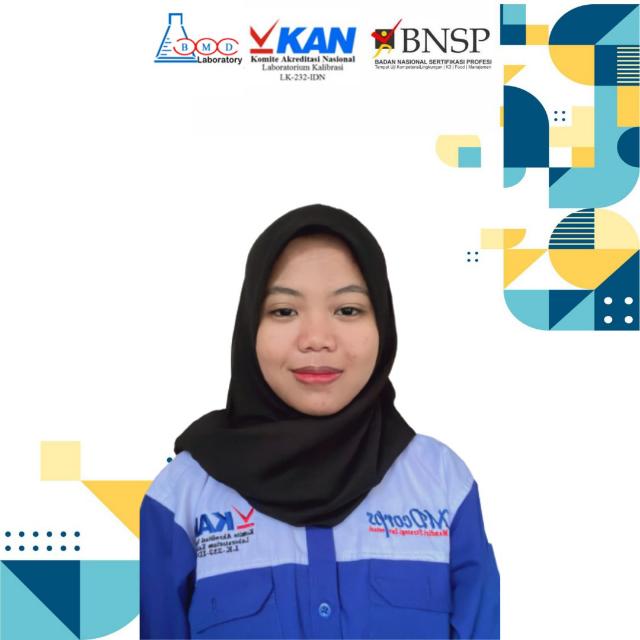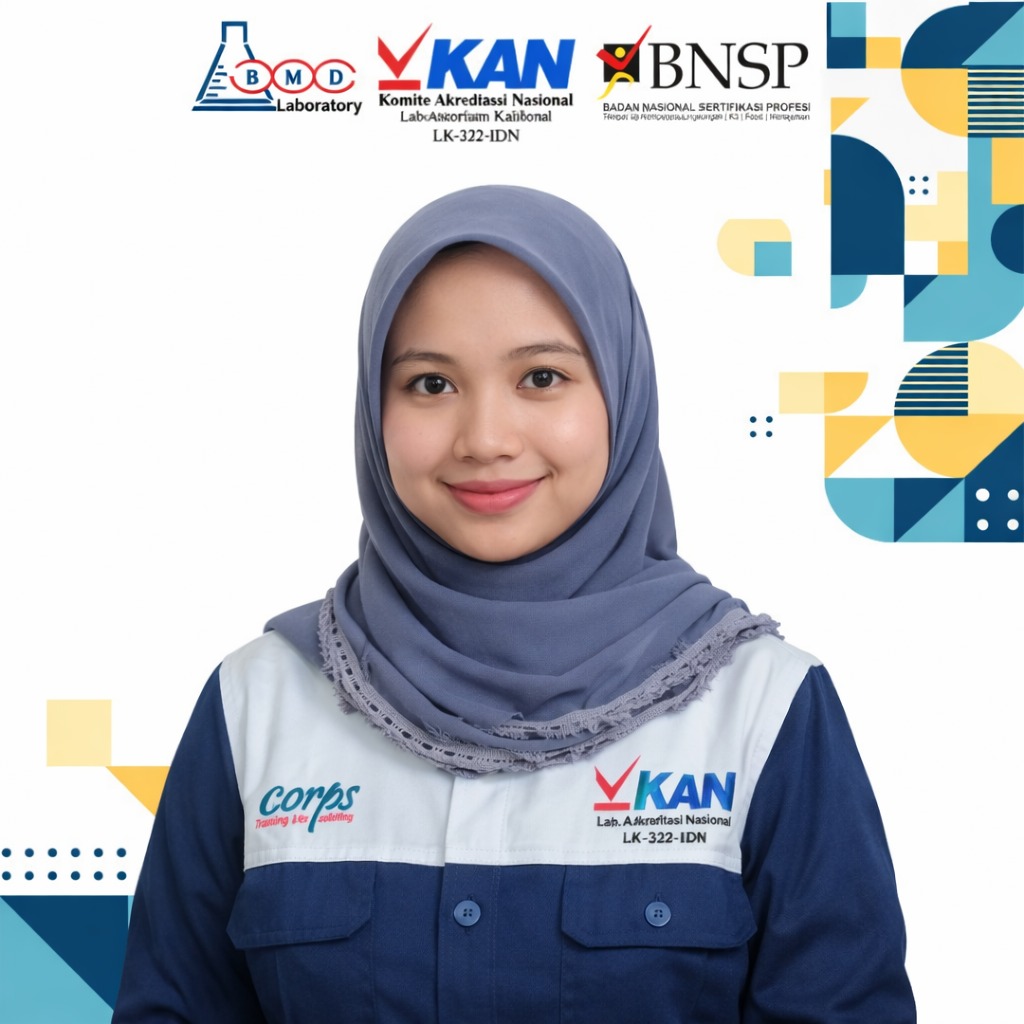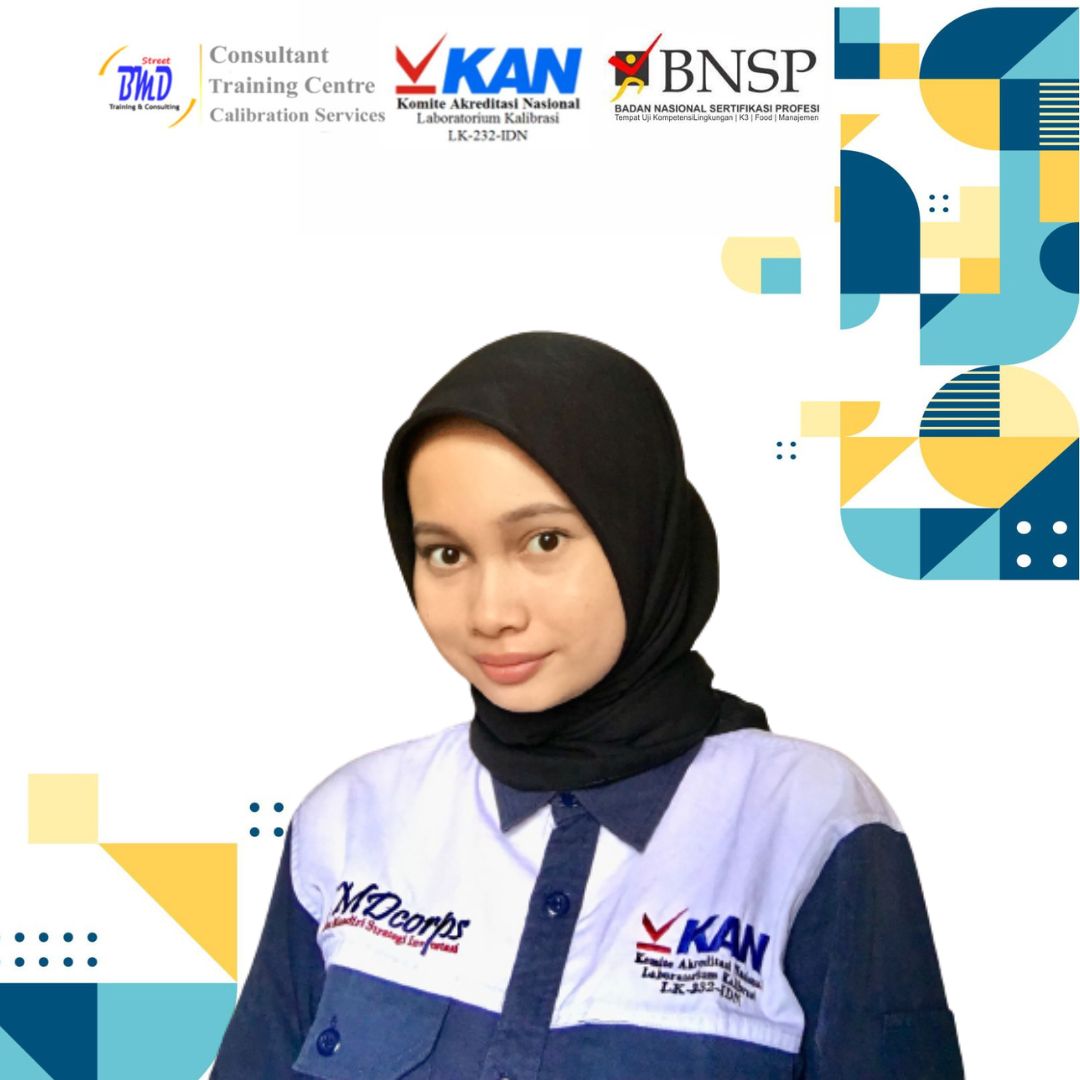MAKSUD & TUJUAN TRAINING WORK OVER, WELL SERVICES AND HSE
Setelah menyelesaikan Training Work Over, Well Service and HSE ini diharapkan peserta dapat :
- Memahami prinsip-prinsip dasar penyelesaian sumur produksi minyak dan gas bumi (oil and gas well completion) .
- Melakukan diagnosis sederhana dalam menagani problema pada sumur produksi di lapangan yang disebabkan oleh reservoir atau fasilitas produksinya.
- Melakukan perhitungan-perhitungan kuantitatip sederhana untuk sumur-sumur minyak yang diproduksikan dengan cara gas lift, ESP, Hydraulic/Jet Pump, Sucker Rod Pump dan PCP.
- Melakukan perhitungan-perhitungan kuantitatip sederhana untuk perancangan dan perancangan ulang penanganan problema kepasiran di sumur produksi dengan pertimbangan HSEnya.
PRE-REQUISITE :
Latar belakang : Operator/ Sr. Operator/ Jr. Engineer/Non Engineer
MATERI TRAINING WORK OVER, WELL SERVICES AND HSE
Pendahuluan
Penyelesaian sumur (Well Completion)
Tipe-tipe penyelesaian sumur
- Tipe penyelesaian sumur berdasarkan pemasangan pipa selubung
- Tipe penyelesaian sumur berdasarkan jumlah zona produksi
Peralatan bawah tanah
- Pendahuluan
- Peralatan produksi bawah sumur
Penyelesaian sumur untuk sumur-sumur pengangkatan buatan
- Sucker Rod Pump (Pompa angguk)
- Electric Submersible Pump
- Gas lift
- Hydraulic Pump
- Pompa Jet
Kerja ulang sumur (Work Over)
Faktor-faktor penyebab kehilangan produksi
- Problem Reservoir
- Problem mekanikal
Perawatan sumur
- Kerusakan Peralatan
- Masalah Parafin
- Pengendapan Scale dan Pengontrolannya
- Masalah Pasir
- Kerusakan Formasi
Tipe-tipe Pengerjaan Kerja Ulang Sumur
- Mengubah Zona Produksi
- Perangsangan Sumur (Well Stimulation)
- Squeeze Cementing
Peralatan Kerja Ulang
- Menara (Rig) Konvensional
- Unit Wireline
- Gulungan Tubing Tanpa Sambungan (Endless Tubing Coil)
- Unit Snubbing
Sand Control Technology
Sand Control Concept
- Reason for Sand Control
- Determining Need for Sand Control
- Selecting Type of Control
- Proper Drilling and Completion
Gravel and Screen Selection
- Slot and Gravel Size Design
- Slotted Liners
- Screens
- Prerpacks
Inside Gravel Packing
- Perforation Packing
- Two Stages Methods
- Use of Viscous Carrying Fluid
- Downhole Equipment
- Type of Operation
- Sigle Stage Methods
Open Hole Gravel Packing
- Conventional Methods
- Special Tools and Operations
- Zone Isolation Methods
- Model Study Result
- Deviated Well Problem and Solutions
Consolidation
- Formation Consolidation
- Consolidation System Features
- Well Preparation and Design Factor
- Consolidated Packs
- Water Base Systems
- Thermosetting Gravel Packs
Stable Arc Sand Control
- The Stable Concept
- Applying Stress for Sand Control
- Conventional Cementing Limitations
- Downhole Equipment
- Type of Operation
HSE aspect in workover and well services
- Peraturan Perundangan tentang K3L
- Pengauh Gas Beracun pada Operasi Pemboran
- Pengaruh Gas Beracun Bagi Kesehatan
- H2S
- Gas Detection Equipments
DURASI
3 Hari
FASILITAS
Normal Class
- Sertifikat, Modul (Soft dan Hard Copy) Flash disc, Training kit (Ballpoint Tas jinjing), Tas Ransel, Jacket, Lunch, 2x Coffe break, foto bersama dan pelatihan dilaksanakan di Hotel berbintang.
Online Class
- Softcopy Modul dan Sertifikat
INFORMATION & PROMO
Call : 021 756 3091
Fax : 021 756 3291
CONTACT PERSON
0813 8280 7230, 0812 8931 1641, 0821 3874 5980
Email: [email protected]
Website: https://bmdstreet.co.id
Jadwal TRAINING WORK OVER, WELL SERVICES AND HSE 2025 :
- 19-21 November 2025 Bandung
- 17-19 Desember 2025 Yogyakarta
Jadwal TRAINING WORK OVER, WELL SERVICES AND HSE 2026 :
- 20-22 Januari 2026 Bali
- 18-20 Februari 2026 Bogor
- 16-18 Maret 2026 Surabaya
- 21-23 April 2026 Yogyakarta
- 19-21 Mei 2026 Jakarta
- 16-18 Juni 2026 Bali
- 14-16 Juli 2026 Malang
- 19-21 Agustus 2026 Jakarta
- 15-17 September 2026 Bandung
- 20-22 Oktober 2026 Surabaya
- 17-19 November 2026 Jakarta
- 15-17 Desember 2026 Yogyakarta
INVESTASI (TIDAK TERMASUK BIAYA AKOMODASI & PENGINAPAN) :
Online Class
- Rp 6.100.000/peserta (Harga belum termasuk pajak dan promo)
Normal Class
- Rp. 12.000.000,-/peserta (Jakarta) (Harga belum termasuk pajak dan promo)
- Rp. 12.000.000-/peserta (Bandung) (Harga belum termasuk pajak dan promo)
- Rp. 13.100.000,-/peserta (Yogyakarta) (Harga belum termasuk pajak dan promo)
- Rp. 15.300.000,-/peserta (Bali) (Harga belum termasuk pajak dan promo)
- Rp. 16.100.000,-/peserta (Lombok) (Harga belum termasuk pajak dan promo)
- US$ 4780/peserta (Malaysia) (Harga belum termasuk pajak dan promo)
Kami menerima request waktu, tempat & fasilitas hubungi kami untuk informasi lebih lanjut.








